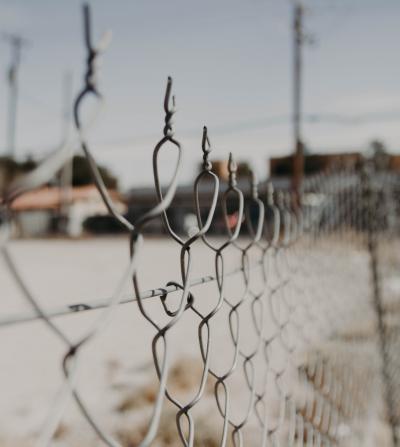In 1974, the U.S. Supreme Court in O’Brien v. Skinner, held that pretrial detainees must be permitted to vote an absentee ballot like other eligible voters are unable to appear in person to vote. Ohio law, however, denies many pre-trial detainees access to an absentee ballot.
In Ohio, eligible voters who are arrested after the absentee ballot request deadline and detained through Election Day are prevented from exercising their fundamental right to vote. Each election, state law prevents thousands of registered Ohio voters who are detained after close of business the Friday before the election from requesting and receiving an absentee ballot in jail. However, individuals who are unable to vote in person due to an unforeseen hospitalization are permitted to request, receive, and cast a ballot in the days immediately preceding an election.
Tommy Ray Mays II and Quinton Nelson Sr., two registered Ohio voters who had been planning to vote in the November 2018 General Election, were arrested on misdemeanor charges after the absentee ballot cut-off deadline for the November 2018 General Election and were not going to be released until after Election Day. Mr. Mays and Mr. Nelson brought a class action lawsuit on Election Day alleging that Ohio's practice of denying late-jailed voters access to the ballot violates the First and Fourteenth Amendments of the U.S. Constitution.
The U.S. District Court in the Southern District of Ohio issued a temporary restraining order on Election Day, November 6, 2018, ordering that the Mr. Mays and Mr. Nelson be delivered absentee ballots in jail and be permitted to vote.
The Ohio Secretary of State appealed the District Court's opinion and order on November 11, 2019, and filed a motion to stay the District Court's decision until the Sixth Circuit Court of Appeals has an opportunity to weigh in on the case. Before the District Court could rule on the Secretary’s motion, Secretary LaRose requested the Sixth Circuit either grant Appellant’s motion to stay the District Court’s order, granting relief to our plaintiffs, or grant an expedited appeal process ahead of the March 2020 primary. We filed a motion in opposition to the secretary’s request in the Sixth Circuit on December 6, 2019. And on December 11, 2019, the Sixth Circuit denied Appellant’s motion to stay the district court’s relief and instead granted an expedited appeal.
The state filed their appellant brief in the Sixth Circuit on January 8, 2020. On January 31, 2020 we filed our appellee brief to ensure our clients and similarly situated Ohioans receive a ballot in the upcoming elections, and that the district court's carefully reasoned order ensuring ballot access in equal measure to late-hospitalized and late-jailed voters is upheld. Oral argument is scheduled for 11:00 a.m. (Eastern Time) on Thursday, February 13, 2020.
The parties briefed the appeal in early 2020, and the Sixth Circuit heard oral argument on February 13th. On March 3, 2020, the Sixth Circuit issued an opinion overruling the the District Court's decision and finding that the state need not provide late-jailed Ohioans with access to a ballot.
Clients
Tommy Ray Mays II, Quinton Nelson Sr.
Co-counsel
Campaign Legal Center, MacArthur Justice Center

